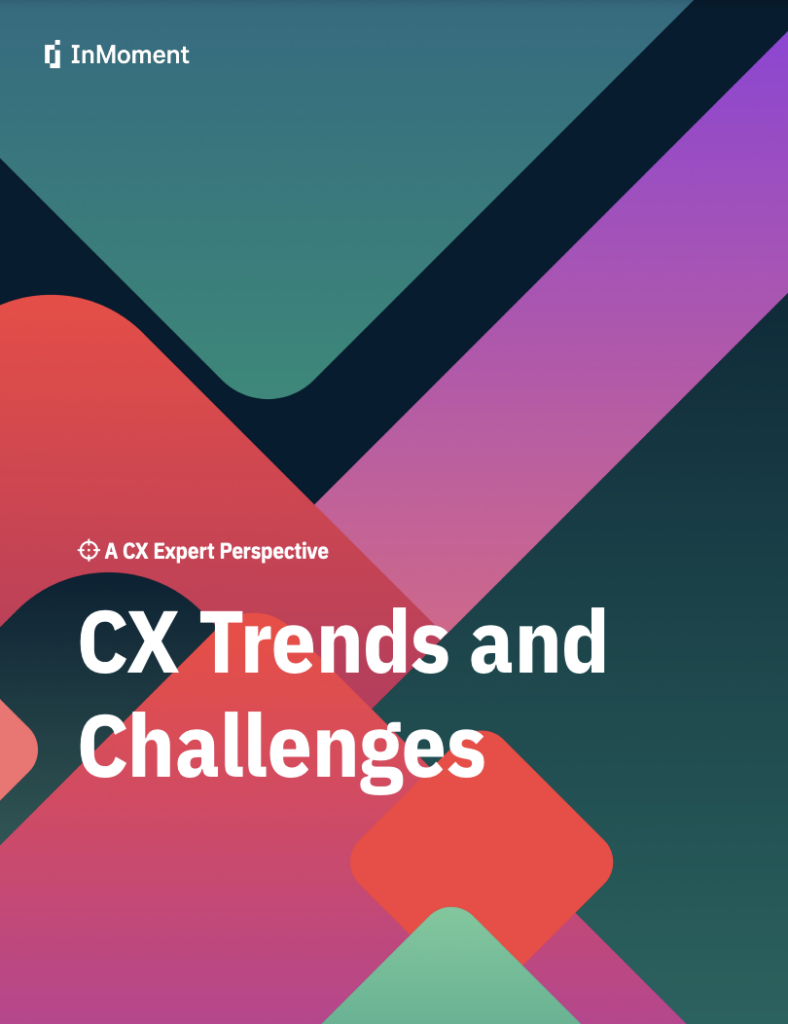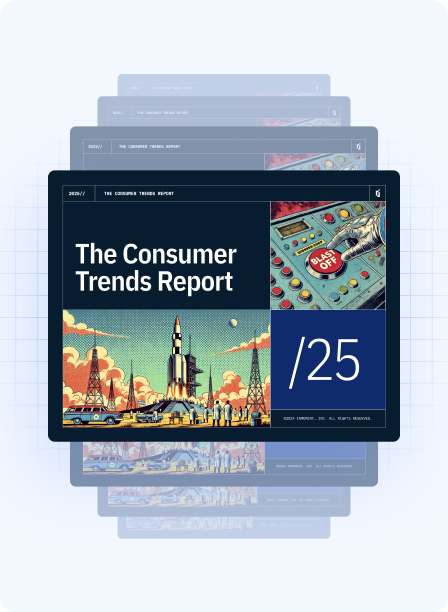
Metrics, metrics, metrics. It’s common for frontline employees like contact center agents to be inundated with them—schedule adherence, efficiency, handle time, and hopefully, amid all of that and more, customer experience (CX) metrics. Ostensibly, the goal with this information is to give contact center agents the guidance needed to create Experience Improvement (XI) for customers, but do they have the time and wherewithal to actually sort through comments and data? Should that even BE an organizational expectation?
Having plenty of data and feedback is certainly important, but inundating your contact center agents with it won’t make them better at their jobs. Today’s conversation briefly covers how to actually leverage data by being tactical and thoughtful with what you share with your frontline employees. We’ll also discuss how best to use data to recognize employees for excelling at the executing moments that matter to customers. Let’s get started!
Sharing What Matters with Frontline Employees
There’s no one specific type of information, insight, or data that supports frontline employees across all industries, but there are several high-level principles that brands can bear in mind when determining what those employees need to know. The first north star to aim for with sharing insights to frontline employees is to consider which of those insights will make your employees not just efficient, but actually better at their jobs and at creating Experience Improvement.
Organizations that make compliance and efficiency the high water mark for contact center excellence will not see remarkable agent performance, let alone the Experience Improvement that you need to acquire and retain customers. Finding the insights, data, and comments that will make employees better at their jobs begins with using an Experience Improvement platform to ingest data (especially customer comments) for actionable insights. Many brands end up wasting time by either trying to manually mine insights out of data mountains, or by gathering metrics and then quitting at that point because they think numbers alone can drive success.
The platform approach can help you avoid both of these pitfalls and make the most of all your data—both qualitative and quantitative. Finding relevant and actionable insights in your data will motivate your employees to act upon Experience Improvement opportunities. Enacting this approach will also enable your frontline employees to provide a far superior experience to customers. This strengthens brand connection and creates a customer-centric culture.
The Next Step
Giving your employees the tools to create Experience Improvement is one thing—demonstrating your appreciation for them successfully doing so is another. All of us—frontline agents, supervisors, and business leaders—can take advantage of data and insights that allow us to simply “be better.” However, there’s one more step on that road that is specifically applicable to driving to top-level frontline work: recognition.
This is another area in which brands and experience program vendors underutilize data, unstructured and otherwise. Data is great for strengthening experiences and the bottom line, but with the right plan and structure, it can drive another factor just as if not more fundamental: an employee-centric culture.
Many brands use data to measure employee performance as a matter of course, but tracking something only accomplishes so much. Brands need to go beyond tracking—they must use data to celebrate success, continually create a positive culture, and recognize a job well done.
This is a fundamental component of being human in all of your experiences, and employees who feel both recognized and a part of the company’s success will be all the more effective in their roles. That is the heart of Experience Improvement, creating a customer-centric and employee-centric workplace, and identifying the moments that matter.
The Frontline Insights Universe
While we’ve covered a lot of ground in discussing how to improve and recognize frontline employee performance, there’s a lot more you can find by checking out my full-length point of view article here. I take a deeper dive into communicating insights to frontline employees, as well as additional strategies you can use to improve experiences for customers, employees, and your wider organization!



